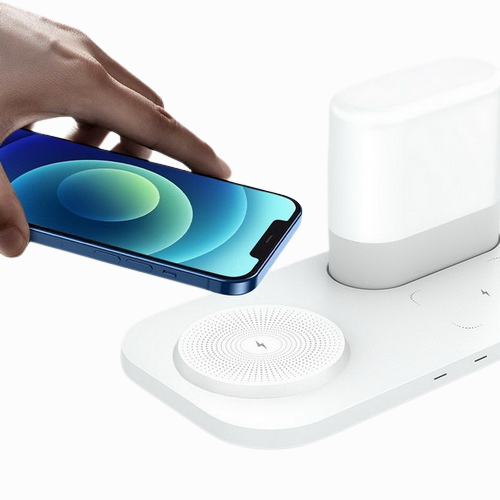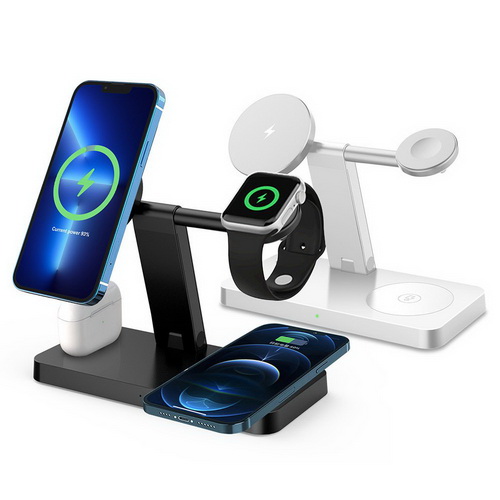USB Charger Use Precautions,
When using a USB charger, in order to ensure charging efficiency, device safety and extend the service life of the charger, you need to pay attention to the following:

First, choose the right charger
Power matching: When selecting a charger, ensure that its output power matches the charging needs of the device. Different devices have different requirements for charging power, such as smartphones usually between 5W and 20W, while tablets and laptops may require higher power.
Certification and safety: Choose a charger with safety certification, such as through 3C certification, CE certification, etc., to ensure its quality and safety.
Second, connect the charger correctly
Check ports and cables: Before connecting the charger, check that the charging ports and cables are clean and free of damage. Use an original or certified charging cable to avoid unstable charging or damage to the device.
Secure connection: Plug the charger into a power outlet and ensure that the charging cable is firmly connected to the device to avoid loosening during charging.
Third, precautions in the charging process
Avoid overcharging: While modern devices often have overcharge protection, connecting the charger for long periods of time can still cause damage to the battery. It is recommended to unplug the charger after it is fully charged.
Avoid using high-power applications while charging: During charging, if the device consumes too much power (such as running large games, performing intensive computing tasks, etc.), the charging speed may be slowed down, and even the battery life may be affected.
Maintain good ventilation: When charging, ensure that the device and charger are in a well-ventilated environment to avoid overheating.
Fourth, the charger maintenance and maintenance
Regular cleaning: Clean the charger and cable regularly to remove dust and dirt. You can wipe gently with a clean cloth and avoid using liquid cleaners.
Avoid excessive bending: When using the charger, avoid excessive bending of the cable to prevent internal cable breakage. Try to keep the cable straight when using, do not wrap it around the object.
Proper storage: When the charger is not in use, it is recommended to store it in a dry, cool place, away from direct sunlight and high temperature environment to prevent the charger from aging.
Fifth, other precautions
Avoid humid environment: Do not expose the charger to humid environment to prevent circuit short circuit or interface corrosion.
Pay attention to lightning: in thunderstorm weather, it is best to unplug the charger, so as not to damage the charger due to high voltage generated by lightning and electric shock injury to the user.
Avoid wet hand operation: Do not plug and unplug the charger with wet hands, otherwise it may cause electric shock injury.
In conclusion, following the above precautions can ensure the safe and efficient use of USB chargers and extend their service life. At the same time, it also helps to protect the health of charging devices and batteries.



